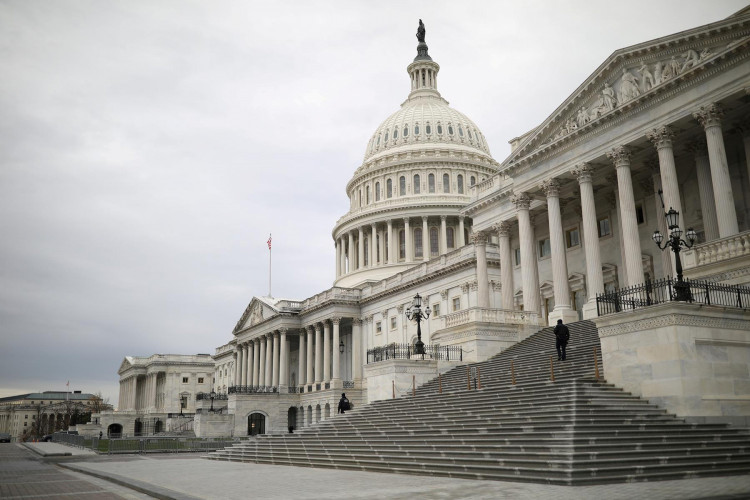Chinese companies can now be expelled from U.S. stock exchanges if they refuse to follow U.S. accounting standards.
"The Holding Foreign Companies Accountable Act (S.945)" was signed into law by President Donald Trump Friday after it passed the House by unanimous voice vote on December 2. The Senate unanimously approved the same law in May.
The new law bars securities of foreign companies from being listed on any U.S. exchange if they fail to comply with the U.S. Public Accounting Oversight Board's audits for three years in a row.
Although the bipartisan law intends to apply to companies from any country, the law's sponsors wanted it to target Chinese companies listed in the United States. The law's strong support among Republicans and Democrats illustrates that both parties see China as a common foe to be confronted and taken down.
The law will require public companies to reveal if they're owned or controlled by a foreign government. It requires foreign issuers of securities using foreign accounting firms to disclose information related to any board members who are officials of the Communist Party of China (CPC) and whether the articles of incorporation of the issuer contain any CPC charter.
It also mandates the disclosure of the percentage of shares owned by governmental entities where the issuer is incorporated and whether these governmental entities have a controlling financial interest.
The original bill was co-authored by Republican Senator John Kennedy from Louisiana and Democratic Senator Chris Van Hollen from Maryland and filed in March 2019.
"This may be one of the most important investor protection pieces of legislation this year," said Rep. Brad Sherman (D-CA), chair of the subcommittee overseeing capital markets on the House Financial Services Committee.
The law is bad news for global investors that gobbled up China-based IPOs in New York City, pouring $11.7 billion into 30 initial public offerings in the United States this year.
This amount, which came about despite bitter relations between Washington and Beijing, is the largest since 2014 when 16 China-based companies, including the e-commerce titan Alibaba Group, raised $25.7 billion.
A report from Russian investment bank Renaissance Capital also found Chinese companies that raised at least $100 million this year have earned total returns of 81% on average.
The surprising Chinese IPO boom is occurring amid deteriorating relations between the U.S. and China over business, trade, and security issues.
China has opposed the bill since it was filed in March 2019 by Kennedy. Ministry of Foreign Affairs spokesperson Hua Chunying said, "We firmly oppose politicizing securities regulation."
"We hope the US side can provide a fair, just and non-discriminatory environment for foreign companies to invest and operate in the US, instead of trying to set up various barriers," he pointed out.






